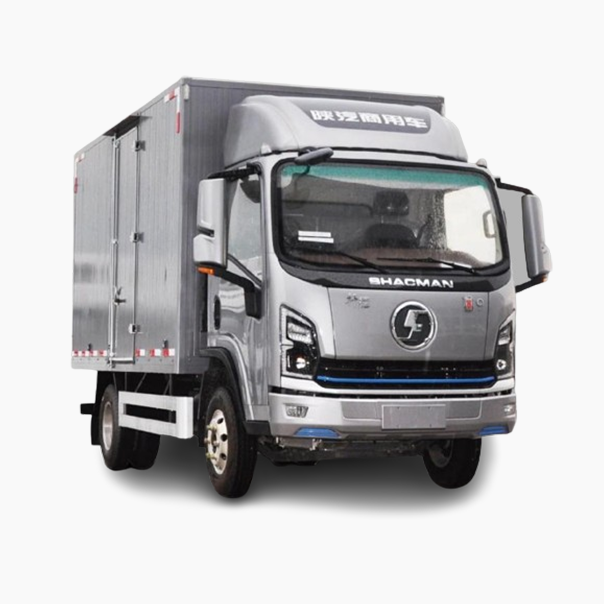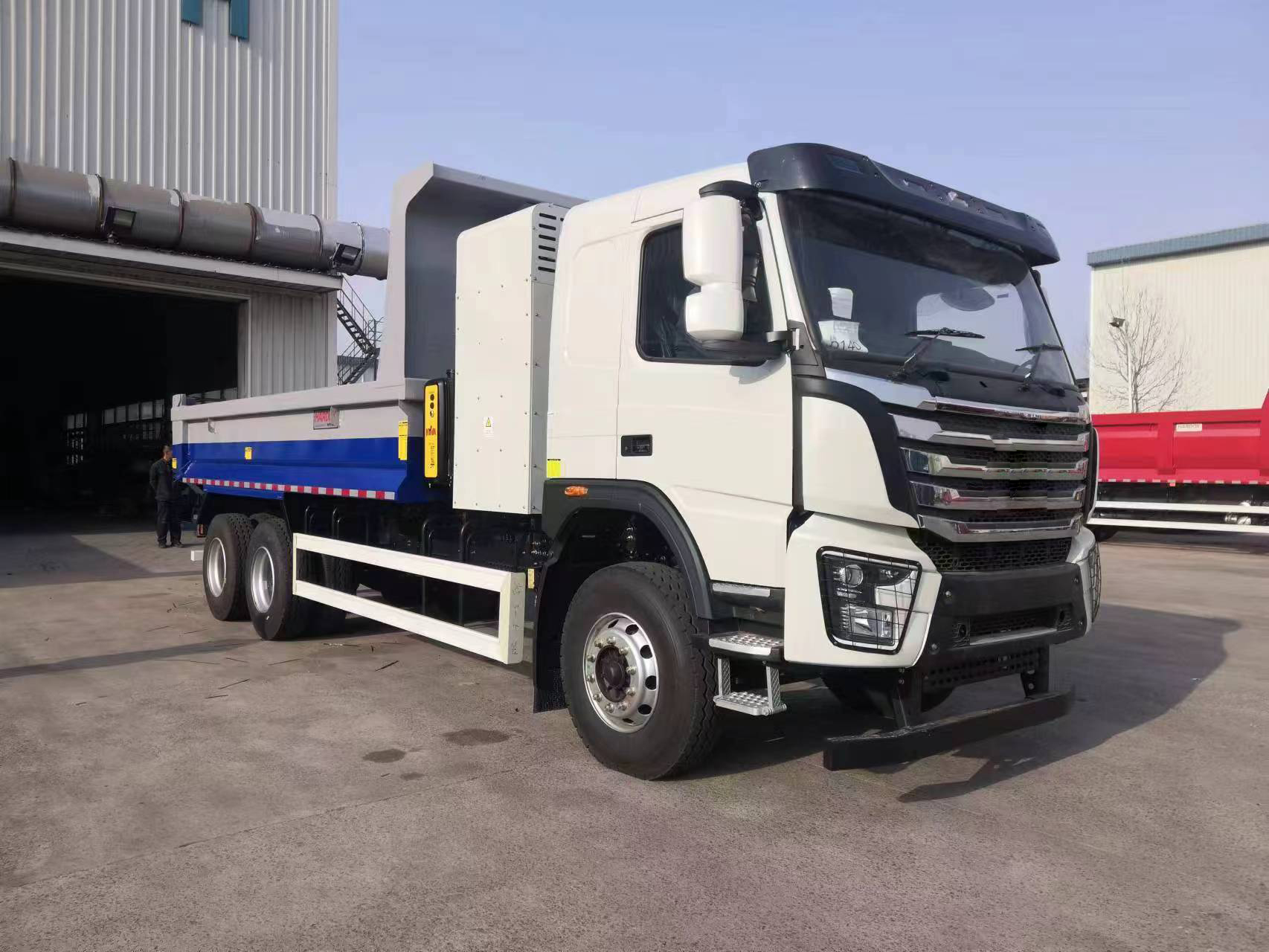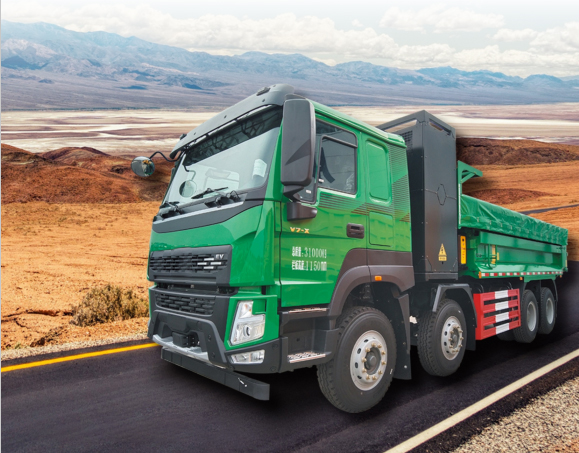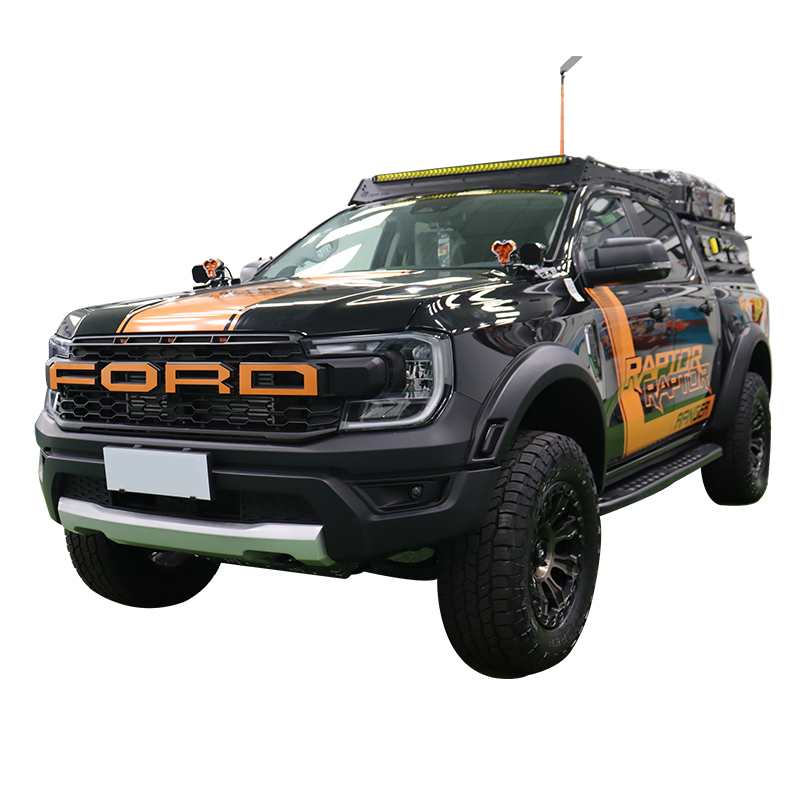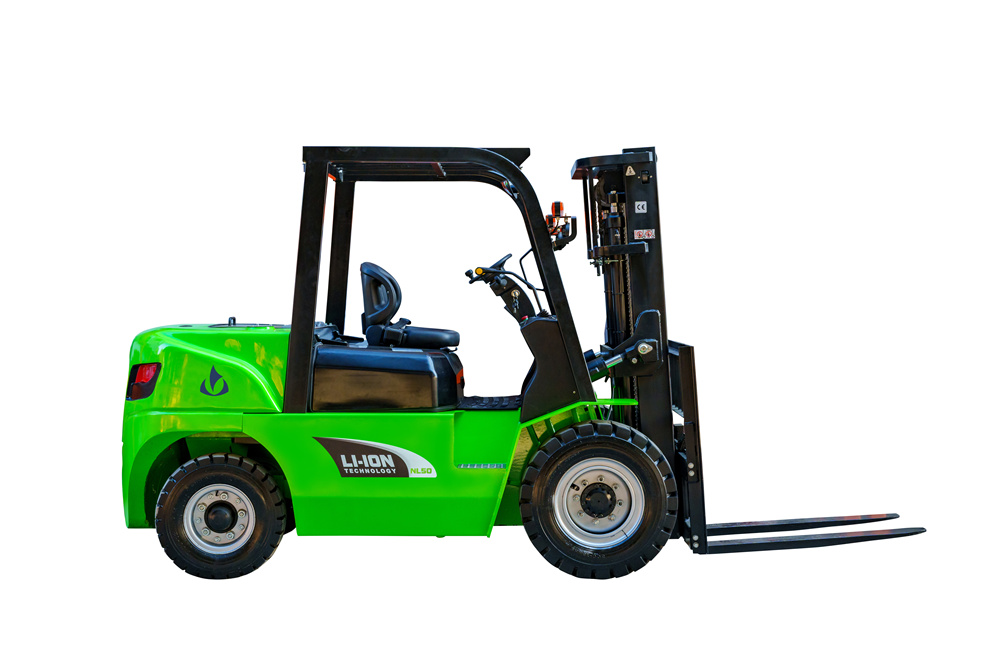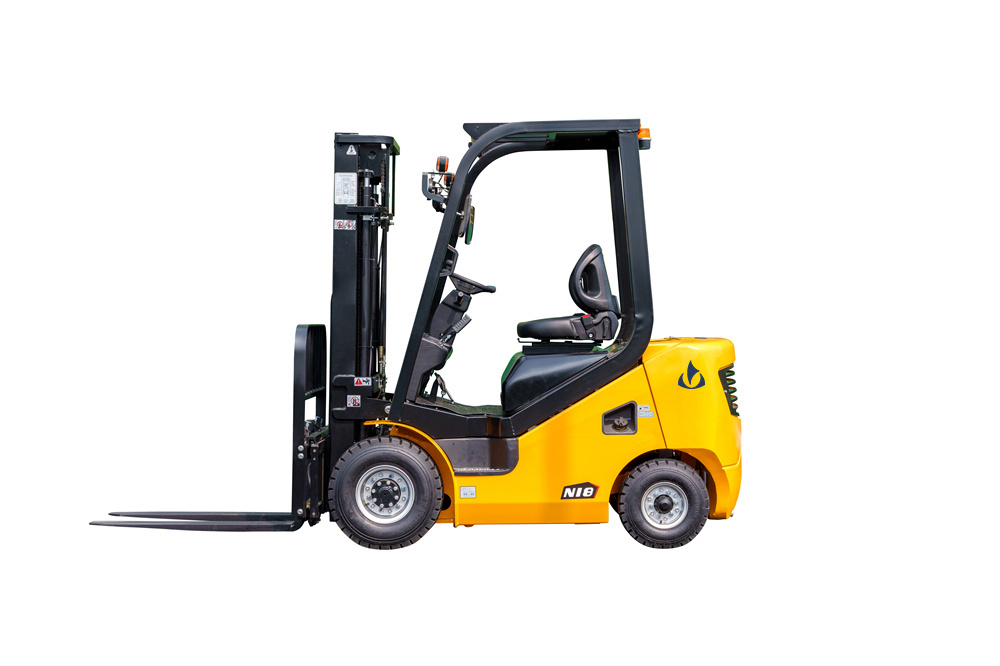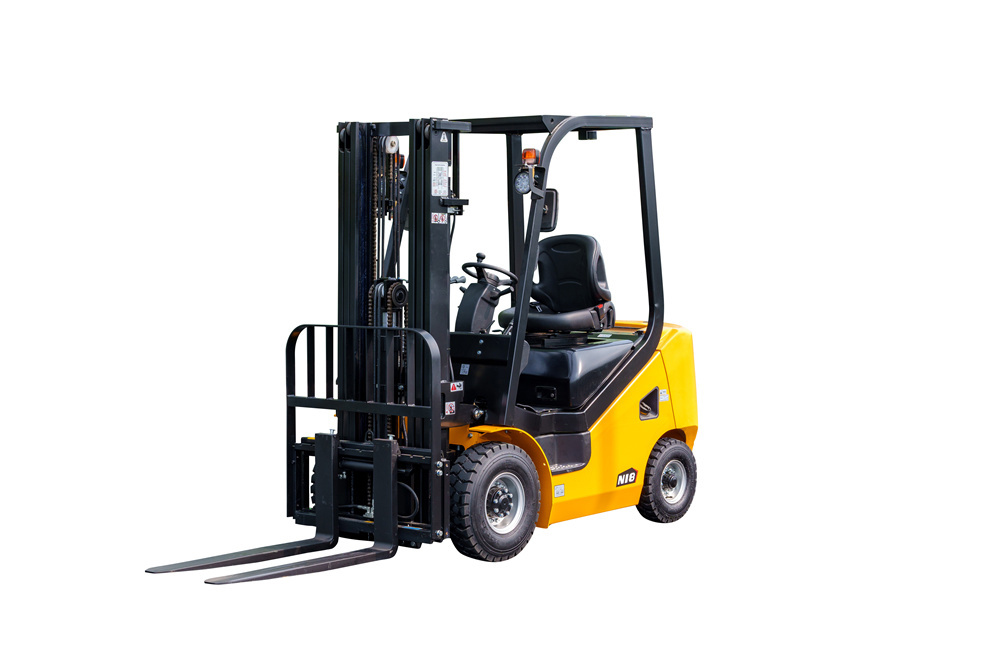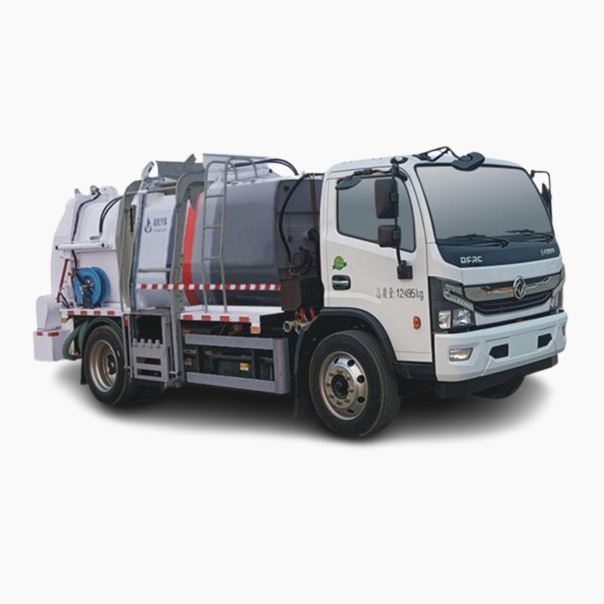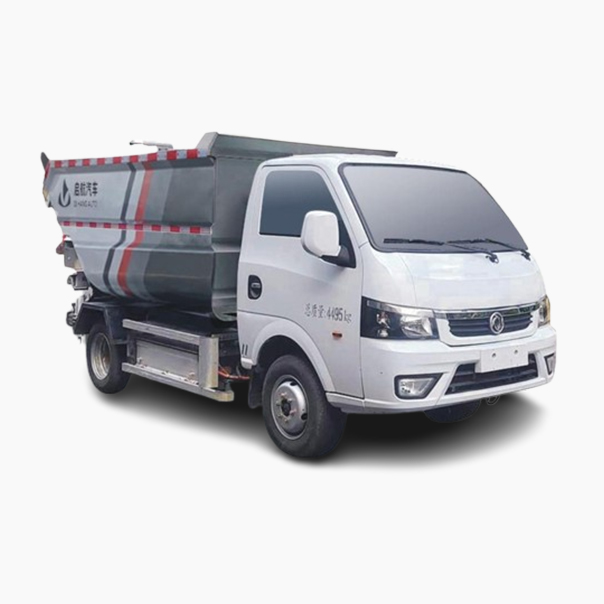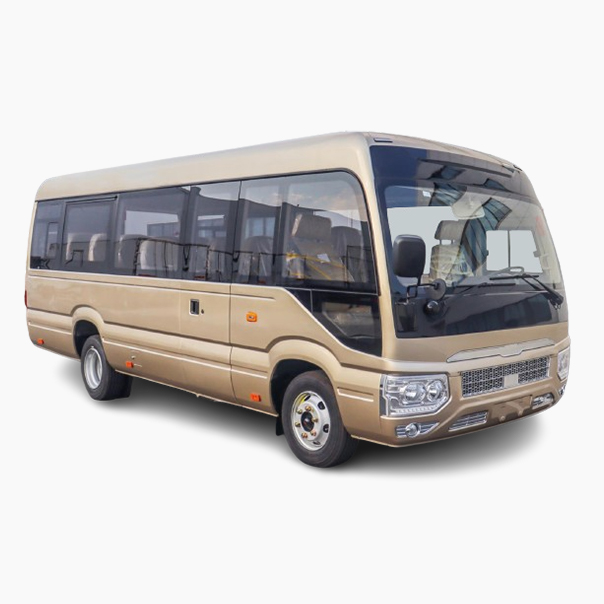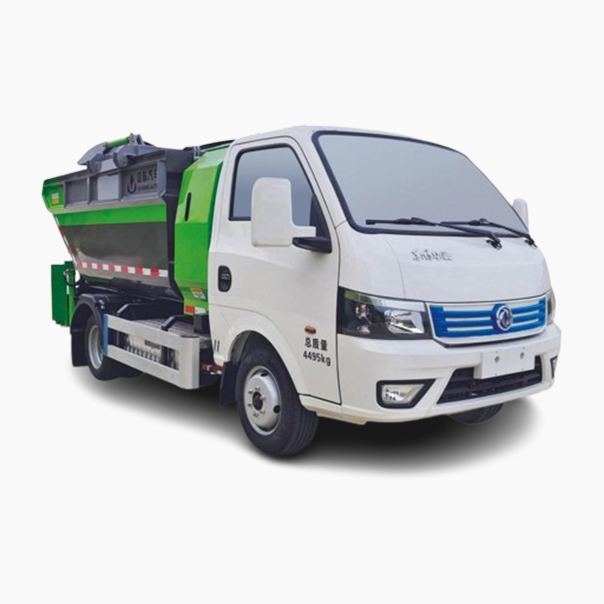The main function of a box type transport vehicle is to transport various items in a fully sealed manner, including agricultural products, side foods, fruits and vegetables, etc. It is commonly used for cargo distribution in urban supermarkets. The design features of a box type transport vehicle include a closed body and roof, which can effectively prevent rain. The rear and sides of the carriage are equipped with doors, which facilitate the loading and unloading of goods. In addition, box type transport vehicles are also suitable for transporting hazardous chemicals and specific personnel or special items.
The specific application scenarios of box type transport vehicles are very extensive, including but not limited to:
Transportation of agricultural products and non-staple food: Box trucks are commonly used for the delivery of goods in urban supermarkets, which can safely and efficiently transport various types of food.
Cold fresh vegetable transportation: Some box trucks have refrigeration function and are suitable for transporting cold fresh vegetables.
Dangerous goods transportation: Special types of box trucks can transport hazardous chemicals to ensure the safety of goods.
Business use: The cab and cargo box of some box type trucks are designed to be integrated, which can accommodate about 9 people and is suitable for business travel needs.
The advantages of box type transport vehicles include:
High safety: The cabin is made of high-quality steel, which is wear-resistant and has strong resistance to impact, providing strong protection for the safety of goods.
High transportation efficiency: The structural design of box trucks makes it easy to load and unload goods, improving transportation efficiency.
Strong adaptability: Box trucks are compact in size, easy to use, and suitable for transporting goods in rural towns.
Good environmental performance: With the trend of electrification, electric box trucks not only have excellent environmental performance, but also are economical.
